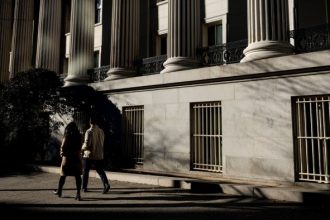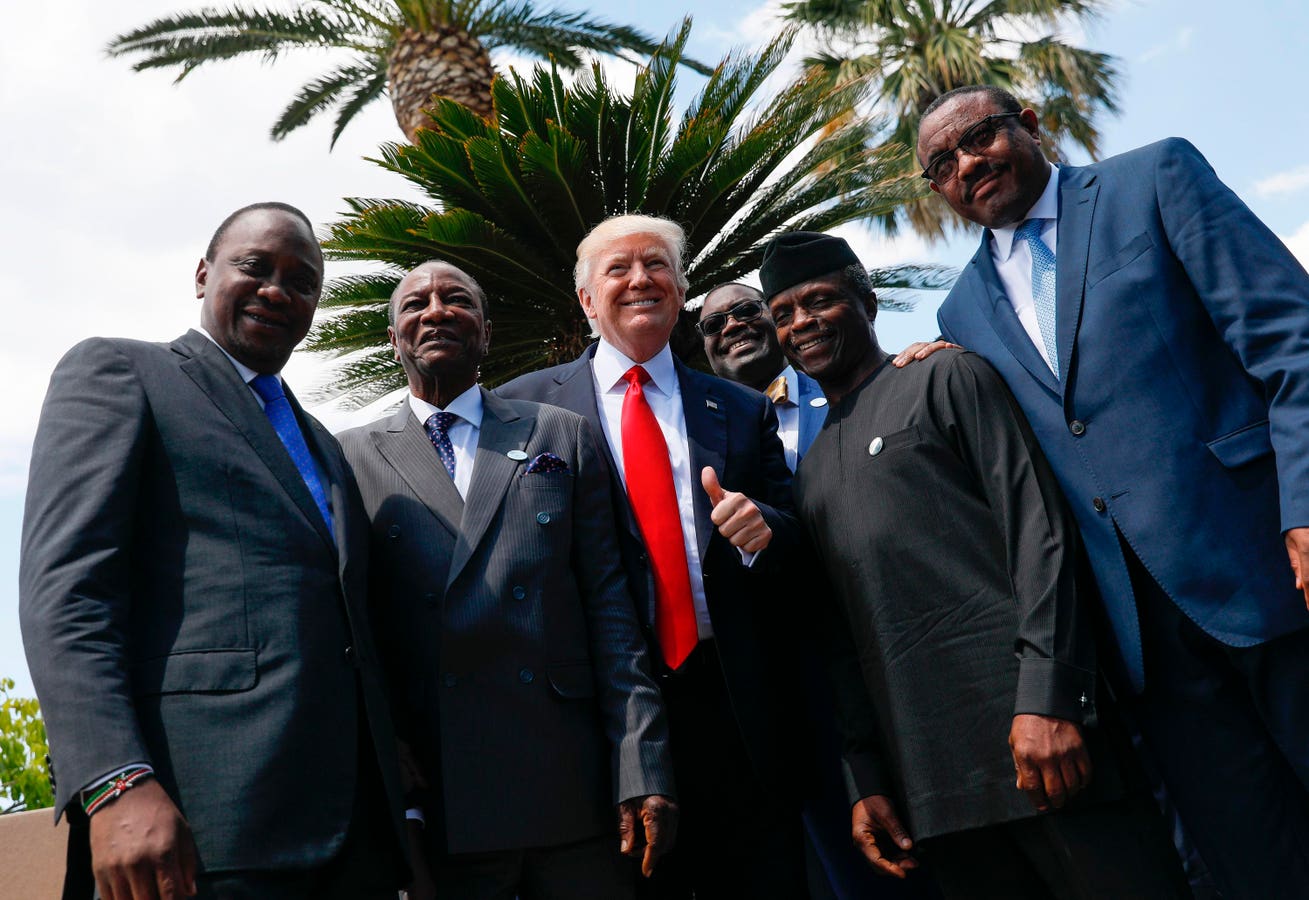The Trump Administration’s freezing of foreign aid has been most directly felt on the African continent, where many of the world’s poorest countries rely on foreign assistance for much of their government budgets. The decision has ignited an old debate in development studies about the role of foreign aid versus trade in fostering development. The World Trade Organization has tried to find synergies by suggesting “aid for trade” as a strategy. Unfortunately, the current approach does not even leave much room for trade to play a role as the Trump administration is unlikely to renew the African Growth and Opportunity Act which has promoted trade as a tool of development as a part of American foreign policy.
What we need is a reasoned approach to planning for obsolescence of aid dependence while recognizing that there will be market failures and circumstances where aid will be an essential enabler of economic security. Such localized economic security, particularly in Africa, has become acutely important to also reduce the impulse for migration, particularly to Europe. The most vulnerable part of Africa in this regard is the Sahel region which is where the Sahara meets the humid tropical belt of the central continent. Last year, I worked with the office of Senator Chris Coons of Delaware to organize an event in the U.S. Capitol on conflicts in the region and their linkages to natural resources. This was partly inspired by the work by various grassroots organizations that suggested the linkage between environmental initiatives and peacebuilding in the region.
Last week, I was in one of the Sahel’s most important countries – Mali, to undertake some research on the gold mining sector, and consider ways in which it can more meaningfully contribute to development. I had an opportunity to also meet the U.S. ambassador to Mali, H.E. Rachna Korhonen and one of her senior staff members Dr. Marissa Smith. The competence of America’s career foreign service officers is the envy of foreign missions in Africa, and these public servants deserve our highest admiration. They are serving America’s interests in highly challenging field environments, and we should respect their field observations.
Mali may seem as distant to most Americans as the Disney depictions of its most celebrated ancient city of Timbuktu. However, in a globalized world, we cannot neglect the complex connections between environmental change, public perceptions of foreign investments and long-term security imperatives. As an example of how the U.S. has been making a difference in the Sahel, consider the “Great Green Wall” initiative which aims to restore degraded lands in the region to provide food security. U.S. support to the World Food Programme has been essential to make this project viable. It is worth noting that President Trump supported the appointment of South Carolina governor David Beasley to serve as the director of the WFP during his first term. It was during this period that the WFP was awarded the Nobel Peace Prize and Beasley made a landmark acceptance speech which deserves to be heard by colleagues in the current administration.
Africans do not want to be dependent on aid from organizations such as USAID or the World Food Programme and are doing their best to wean off such assistance. Many Africans are returning to the continent as well to promote sustainable self-sufficiency. My host in Mali was the former vice-chair of the Intergovernmental Panel on Climate Change, Professor Youba Sokona who returned to his homeland after 40 years abroad. He is one of 14 siblings and all of them are educated and back in Africa. Even his foreign-educated three children are now all back in Africa and contributing to the continent’s development. His retirement mission is to train African youth in linking energy to development through the establishment of a systems-science oriented network.
Inspiring individuals like Professor Sokona should give confidence to taxpayers in aid donor countries that most Africans have a strong sense of pride to use any assistance meaningfully. They want to just level the playing field with aid that would allow for them to compete fairly in global markets and build their own destinies without fear or favor. This year’s presidency of the G20 is with South Africa, which is the continent’s largest economy. We may not agree with all of their domestic or foreign policies but should consider how far the country has come from its fractious past. Mr. Musk should analyze the data that shows that the country of his birth has used foreign aid most effectively of any major developing country. It is easy to sway public opinion with soundbites and misleading factoids but the debate on foreign aid needs composure and a view towards broader goals of planetary sustainability.
Read the full article here





